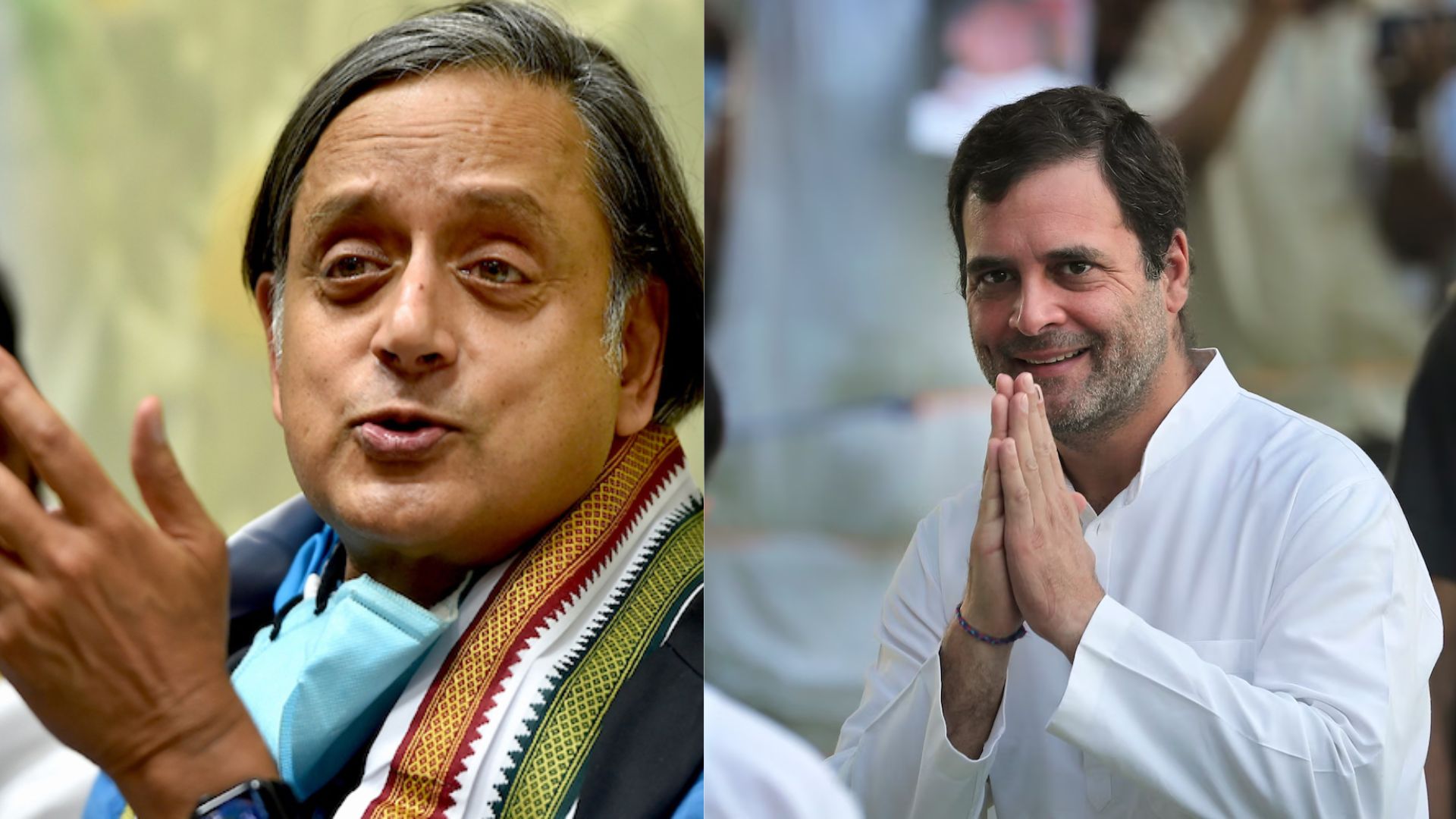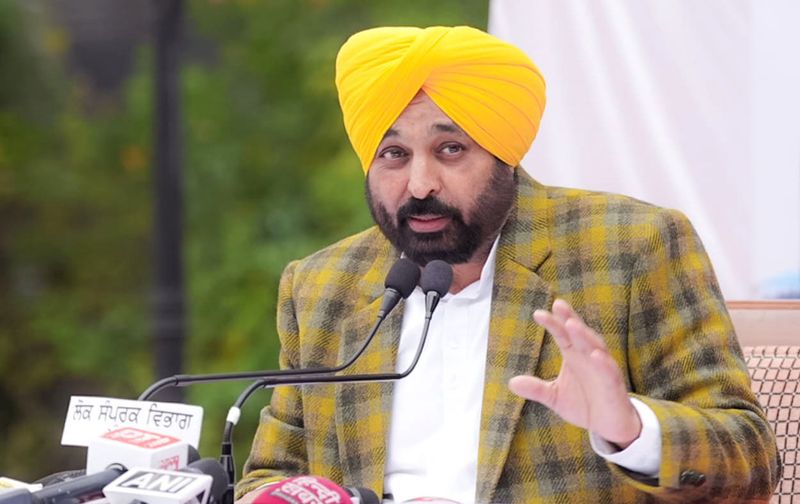According to Shashi Tharoor, a former Congress leader and current Lok Sabha MP, the shift in Rahul Gandhi’s leadership style can be traced back to Gandhi’s Bharat Jodo Yatras. Tharoor, who worked alongside Gandhi in both the Congress party and the Lok Sabha, observed that Gandhi’s recent behavior as Leader of the Opposition (LoP) reflects a strong sense of control and readiness to challenge the BJP-led NDA government.
Tharoor noted that since the latest Lok Sabha election results, Gandhi has been notably more accessible and active. He frequently participates in parliamentary sessions and demonstrates a hands-on approach, which Tharoor believes signals a new level of leadership and confidence. This shift in Gandhi’s demeanor, Tharoor argued, sends a clear message to his party, allies, and the BJP that he is ready to take on the ruling party.
In the most recent Lok Sabha elections, Congress faced its third consecutive defeat by the BJP, securing 99 seats against the BJP’s 240 in the 543-member House. Despite this loss, Congress nearly doubled its previous seat count from the 2019 elections, achieving its highest tally in a decade. Consequently, for the first time in ten years, there will be an official Leader of the Opposition in the Lower House, a position now held by Gandhi, the MP from Rae Bareli, Uttar Pradesh.
Tharoor attributed this transformation in Gandhi’s role to the two Bharat Jodo Yatras, which he believes marked the beginning of Gandhi’s increased visibility and engagement. He suggested that the groundwork for this shift was laid during these Yatras, which began about a year and a half before the elections.
Tharoor also pointed out that, unlike in previous terms, the BJP does not hold an outright majority in the current parliament. With the opposition’s increased numbers, Tharoor predicts it will be more challenging for the BJP to pass legislation without opposition consultation. He emphasized that the opposition’s larger presence makes it more difficult for the BJP to push through bills unchallenged, contrasting this with their previous approach of bypassing opposition dissent.







